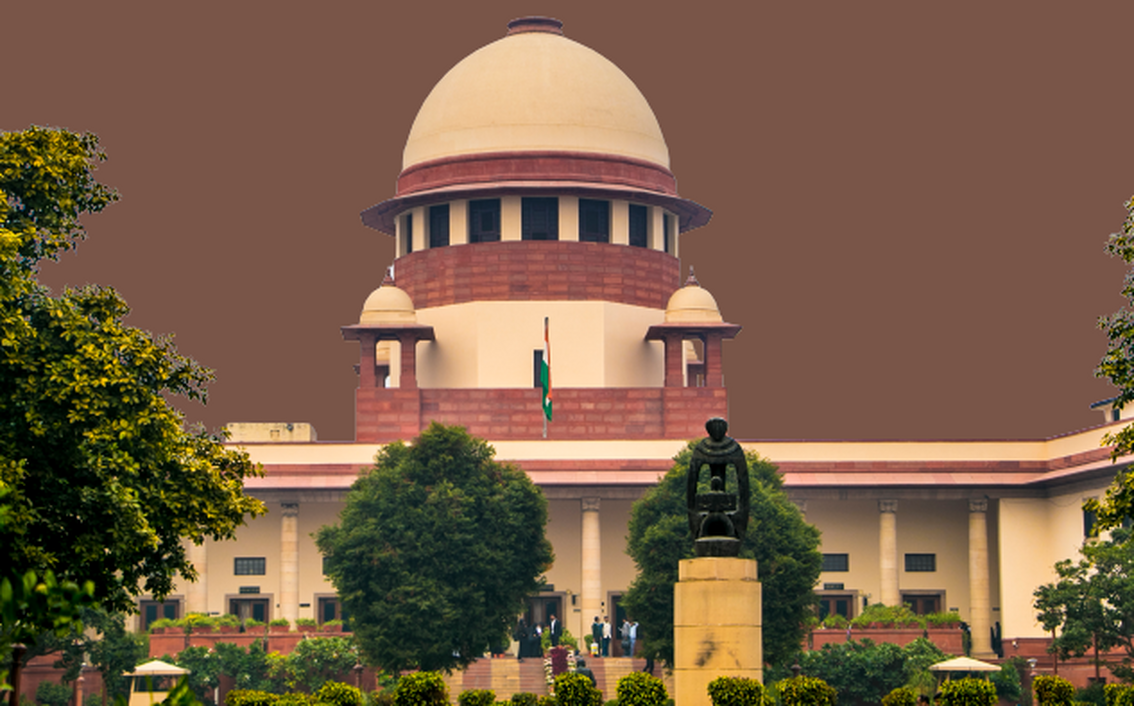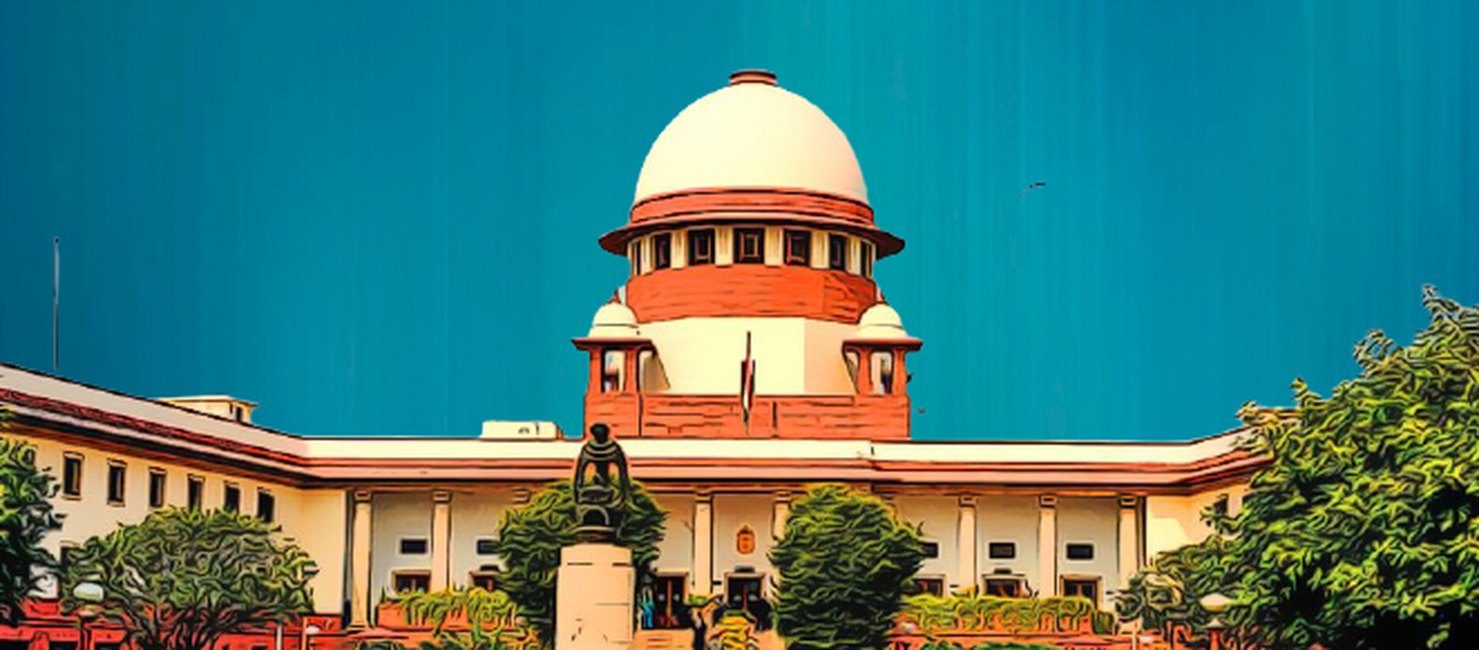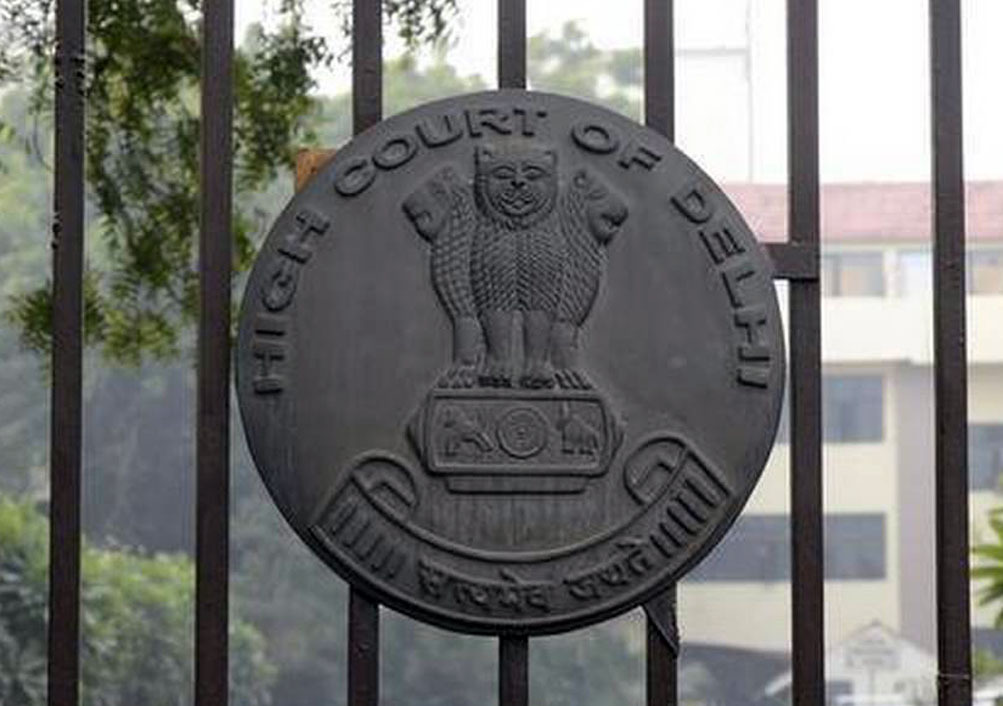State of West Bengal has so far not exercised the power for constituting Special Court for trial of offences in NIA Act's Schedule: SC upholds order of Chief Judge cum City Sessions Court permitting addition of offences under UAPA
Justices B.R. Gavai & Sandeep Mehta [18-04-2024]

Read Order:THE STATE OF WEST BENGAL v. JAYEETA DAS [SC- CRIMINAL APPEAL NO(S). 2128 OF 2024]
Tulip Kanth
New Delhi, April 18, 2024: Noting the fact that the West Bengal Government has so far not exercised the power conferred upon it by Section 22 of the NIA Act for constituting a Special Court for trial of offences set out in the Act's Schedule, the Supreme Court has held that the Chief Judge cum City Sessions Court within whose jurisdiction the offence took place, had the jurisdiction to permit addition of the offences under UAPA to the case.
The facts of the case suggested that based on a written complaint filed by the SI Raju Debnath, STF Police Station, Kolkata informing about recovery of an unclaimed black coloured bagpack lying abandoned at Sahid Minar containing some written posters of CPI(Maoist) and some incriminating articles about the activities of CPI(Maoist), an FIR came to be registered for the offences punishable under Sections 121A, 122, 123, 124A, 120B of the Indian Penal Code, 1860(IPC).
The respondent herein was apprehended and was produced before the Chief Metropolitan Magistrate. The Investigating Officer conducted preliminary investigation and thereafter filed an application praying for addition of offences punishable under Sections 16, 18, 18B, 20, 38 and 39 of the Unlawful Activities (Prevention) Act, 1967 (UAPA).
The Chief Judge, vide order dated April 7, 2022 permitted addition of offences under Sections 16, 18, 18B, 20, 38, 39 of UAPA in the case and allowed the same to be investigated along with the existing offences for which the FIR had been registered.
The State of West Bengal had approached the Top Court by way of this appeal for assailing the legality and validity of the judgment of the Calcutta High Court.The High Court had quashed the proceedings of the case registered against the respondent to the extent of the offences punishable under the provisions of UAPA, holding that only a Special Court constituted by the Central Government or the State Government as per the National Investigation Agency Act (NIA Act) had the exclusive jurisdiction to try the offences under UAPA.
The frontal issue which fell for consideration, before the Division Bench of Justice B.R. Gavai & Justice Sandeep Mehta was whether the Chief Judge, City Sessions Court, Calcutta had the jurisdiction to pass the order dated April 7, 2022.
Referring to sub-section (3) of Section 22 of NIA Act, the Bench opined that until a Special Court is constituted by the State Government under sub-Section (1) of Section 22, in case of registration of any offence punishable under UAPA, the Court of Sessions of the division, in which the offence has been committed, would have the jurisdiction as conferred by the Act on a Special Court and a fortiori, it would have all the powers to follow the procedure provided under Chapter IV of the NIA Act.
The present case involved investigation by the State police, and therefore, the provisions of Section 22 were held to be applicable insofar as the issue of jurisdiction of the Court to try the offences was concerned.
“It is not in dispute that the State of West Bengal has so far not exercised the power conferred upon it by Section 22 of the NIA Act for constituting a Special Court for trial of offences set out in the Schedule to the NIA Act and hence, the Sessions Court within whose jurisdiction, the offence took place which would be the Chief Judge cum City Sessions Court in the case at hand, had the power and jurisdiction to deal with the case by virtue of the sub-section (3) of Section 22 of the NIA Act”, the Bench said.
Hence, it was held that the order dated April 7, 2022, whereby the Chief Judge cum City Sessions Court permitted the addition of the offences under UAPA to the case did not suffer from any illegality or infirmity.
The Bench also made it clear that Section 43D of UAPA provides a modified scheme for the application of Section 167 CrPC. Moreover, under the proviso to Section 43D(2), the Court has been given the power to extend and authorise detention of the accused beyond a period of 90 days as provided under Section 167(2) CrPC.
Placing reliance upon section 2(1)(d) of UAPA, the Bench opined that this provision admits to the jurisdiction of a normal criminal Court and also includes a Special Court constituted under Section 11 or Section 22 of the NIA Act. “Hence, the Chief Judge cum City Sessions Court had the jurisdiction to pass the order dated 7th April, 2022. In view of the definition of the ‘Court’ provided under Section 2(1)(d) of UAPA, the jurisdictional Magistrate would also be clothed with the jurisdiction to deal with the remand of the accused albeit for a period of 90 days only because an express order of the Sessions Court or the Special Court, as the case may be, authorising remand beyond such period would be required by virtue of Section 43D(2) of UAPA”, the Bench asserted.
It was further held that to the extent the Chief Metropolitan Magistrate extended the remand of the accused beyond the period of 90 days, the proceedings were grossly illegal. However, the charge sheet came to be filed beyond the period of 90 days and as a matter of fact, even beyond a period of 180 days, but the accused never claimed default bail on the ground that the charge sheet had not been filed within the extended period as per Section 43D of the UAPA. “...the only academic question left for the Court to examine in such circumstances would be the effect of evidence collected, if any, during this period of so called illegal remand, after 90 days had lapsed from the date of initial remand of the accused and the right of the accused to seek any other legal remedy against such illegal remand. Such issues would have to be raised in appropriate proceedings, i.e. before the trial court at the proper stage”, it added.
Thus, allowing the appeal, the Bench set aside the impugned judgment of the Calcutta High Court.
Sign up for our weekly newsletter to stay up to date on our product, events featured blog, special offer and all of the exciting things that take place here at Legitquest.




Add a Comment